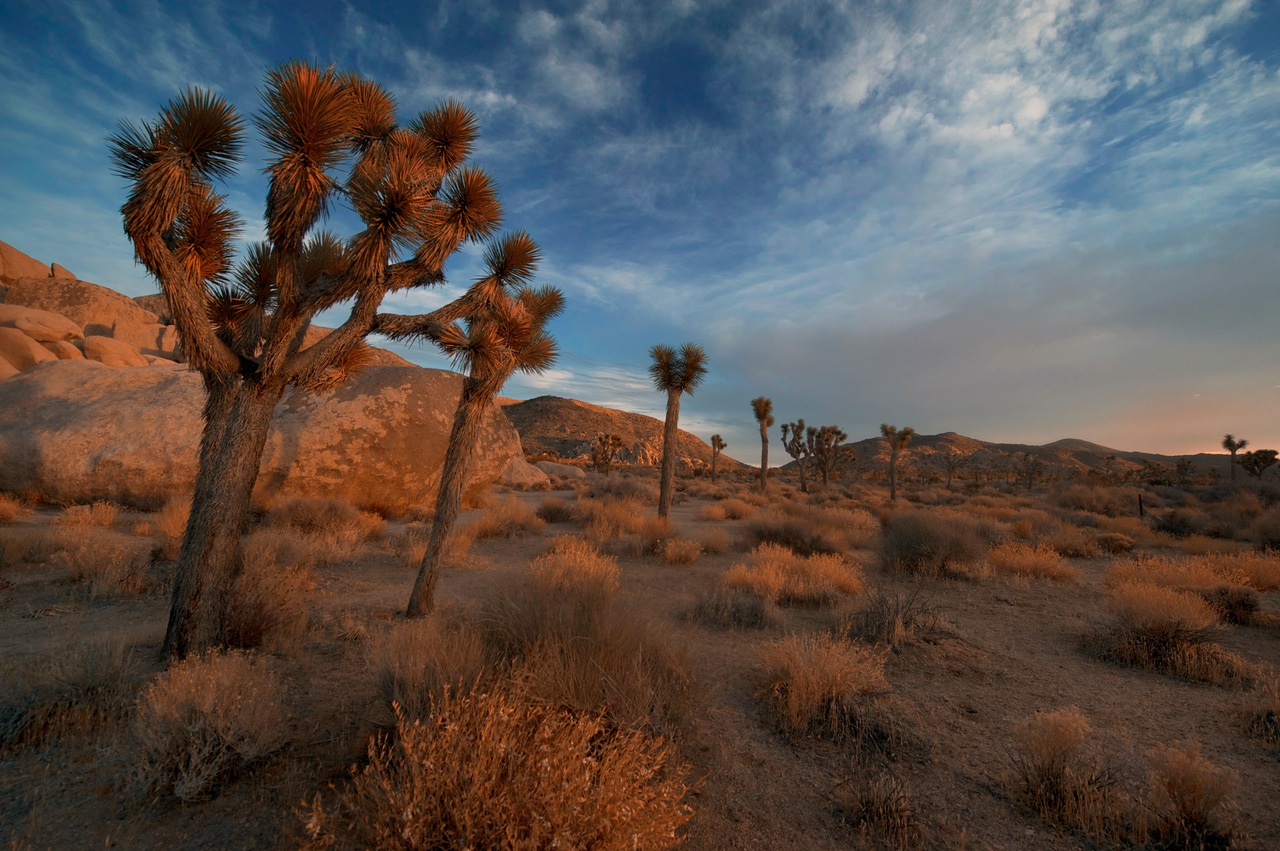Parliament’s Portfolio Committee on Cooperative Governance and Traditional Affairs is currently holding its second round of public hearings on the Traditional and Khoi-San Leadership Bill. While it is long overdue, lawmakers are making strides in recognising South Africa’s indigenous peoples. But a number of tough matters need to be addressed in the process.
The Bill, introduced to the National Assembly in 2015, aims to, among others, recognise Khoisan communities and establish queen-and kingship councils. Back in 2011 President Jacob Zuma told traditional leaders South Africa has to recognise the Khoisan communities. “As a democratic government, we cannot fail to address their challenges,” he said.
A simple task? It would seem not as these communities are still without official status 23 years into democracy.
By far the most difficult question is to ‘what extent’ Khoisan communities should be recognised. While they are widely considered to be the first inhabitants of what is today known as South Africa, some politicians maintain it is still unclear as to who exactly was first to call the southern tip of Africa home.
Shortly before the public hearings got underway in November, Deputy Minister of Traditional Affairs Obed Bapela warned MPs not to indulge the “temptation” of awarding the Khoisan people ‘first-nation status’ – which allows indigenous peoples to self-govern, among others things. According to a City Press report, the department’s director general Muzamani Charles Nwaila added, “South Africa is a sovereign state and you can’t have a state within a state.”
But in 2007 the UN General Assembly adopted a declaration on the rights of indigenous communities. Article Three of the declaration reads: “Indigenous peoples have the right to self-determination. By virtue of that right they freely determine their political status and freely pursue their economic, social and cultural development.”
“Indigenous peoples, in exercising their right to self-determination, have the right to autonomy or self-government in matters relating to their internal and local affairs,” continues Article Four.
While not legally binding, South Africa, with the option of abstention, voted in favour of the declaration, along with 142 other states. Only Australia, New Zealand, Canada and the US opposed it, all of whom also have indigenous communities within their borders.
The current bill however does not “elevate the Khoi-San communities and leaders to a higher status than other traditional communities and leaders or grant any special status to them,” read a statement by the committee.
Why would government change its mind? Surely it would want to correct the injustices of the past, as it is doing with many other communities undermined and persecuted by both colonialism and apartheid. These different communities – Griqua, Cape-Khoi, Koranna, Nama or San – are today still only referred to as coloureds, the same label given them by the apartheid state. And among South Africa’s 11 official languages, none of theirs are included.
The matter directly relates to the discussion of addressing the injustices of the past, which include cultural and linguistic recognition and land restitution. But being a minority group in a majority rule system, what are the odds of the Khoisan communities reclaiming their heritage? This is under a government yet to grant them statutory recognition.
